2021 Travel Trends: Finding Purpose and Wellbeing through Travel
by on 25.11.2020
2020: the year nobody could predict. The year our lives ground to a simultaneous halt. The year we stared into the abyss and it stared right back. The year we were forced to face ourselves.
Despite the large-scale havoc the Coronavirus has left in its wake and continues to wreak as second waves of infection rise up around the globe, it has given humanity a rare opportunity for communal reflection.
As we found ourselves hunkering down at home for much of the past year with no real clear view of how this will play out, we’ve been forced to reassess our lives – the things and people we value, where we spend our money, why we do what we do, and, perhaps most poignant of all: how this could possibly be forever changed.
For those of us who work in travel and tourism and value gaining new experiences in far-flung corners of the world, this has been a particularly painful time of reflection. Because, the truth is, it will never be the same.
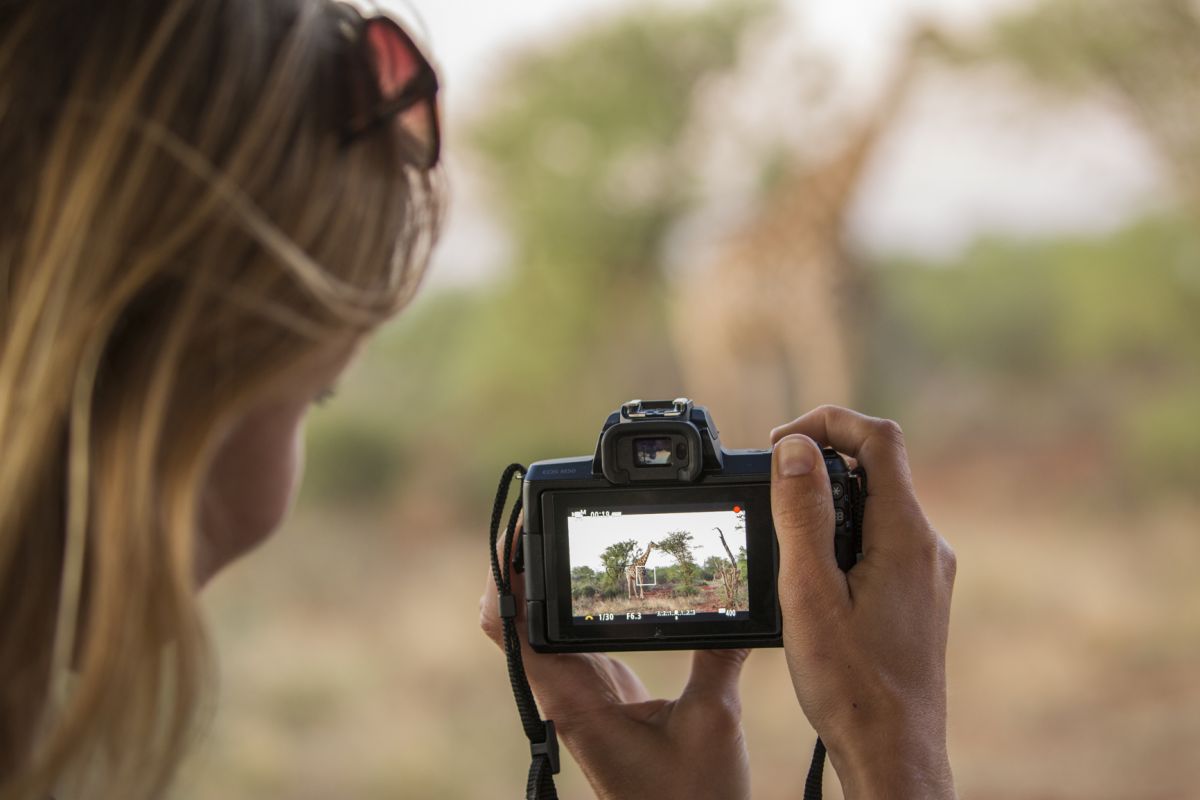
So what will travel look like in 2021 and going forward? Nobody really knows. At the end of 2020, one is understandably hesitant to make any confident predictions. But, if there’s one thing I know for sure, it is that the yearning for ‘elsewhere’, for ‘discovery’, for being forever changed by an encounter with people and place is so deeply ingrained in the human psyche that travel will never die.
I love how Skyscanner recently expressed this in their ‘The New World of Travel’ report: “Travel is a celebration of difference. It fosters a greater understanding of the world and its diversity. Countless academics have commented on the way travel expands minds and shapes a more curious, tolerant outlook.”
With recent global political developments and social movements it is safe to say that we all need a more tolerant outlook and a greater understanding of what makes each of us so uniquely different. I can’t imagine anything more dreadful than having to live in a world where we all think, look and act the same.
I am who I am because I have seen and experienced a world beyond my own. If I had to highlight a few travel trends for the coming year, these trends would stand out.
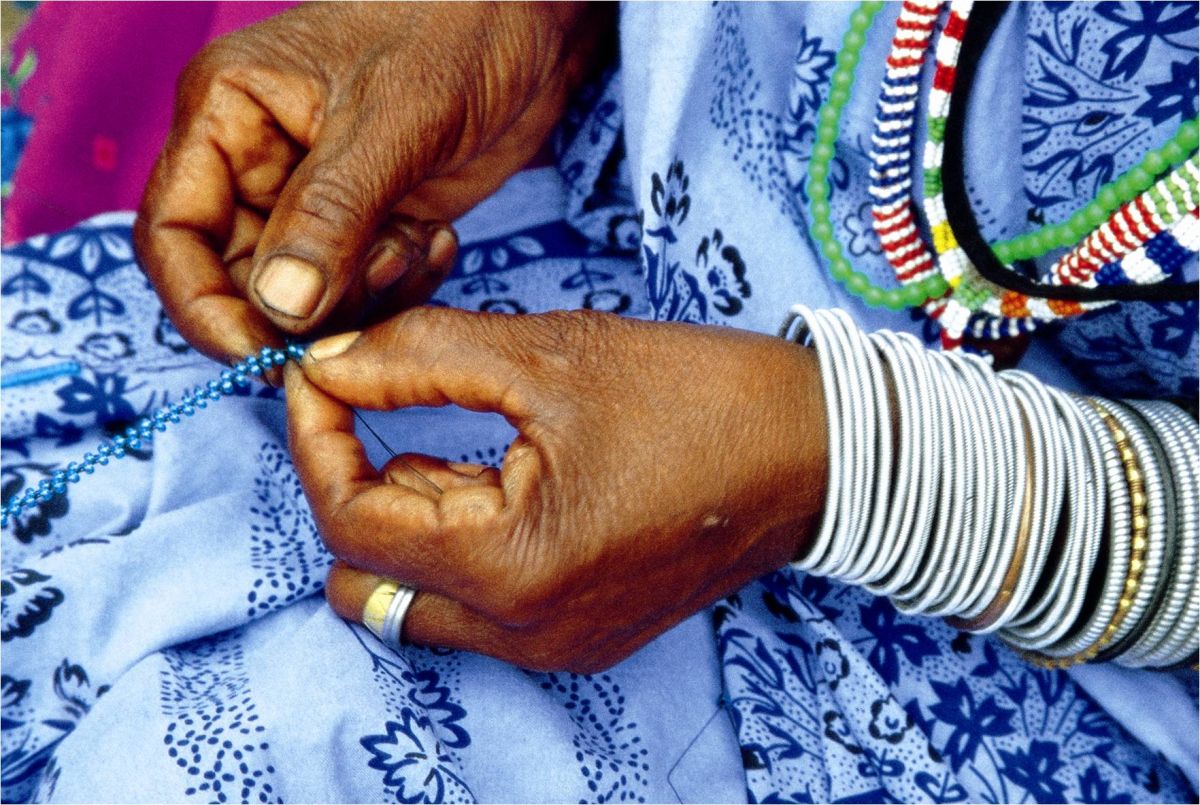
Purpose-driven travel
Whether purchasing a product or picking a next travel destination, the question more and more consumers tend to ask is ‘how will this add meaning to my life’, but also ‘how will buying this product/choosing this destination add value/meaning to the lives of those who made it/live there.’
While we’ve seen this trend develop over the past few years, it’s really coming into its own now as wise-beyond-their-years, earth-conscious and socially woke GenZ-ers come of age.
Furthermore, rapid implementation of travel restrictions and border closures in response to the Coronavirus pandemic has shown older generations of travellers that the world may no longer be their oyster. We are painfully aware of our impact on the world and how connected and depended we all are on each other. And, when planning our next break – whether local or abroad – it best be ‘the trip of a lifetime’… just in case.
It is for this reason that we will see a lot more thought going into the planning of holidays and trips, a greater consciousness and purpose-driven approach to travel.
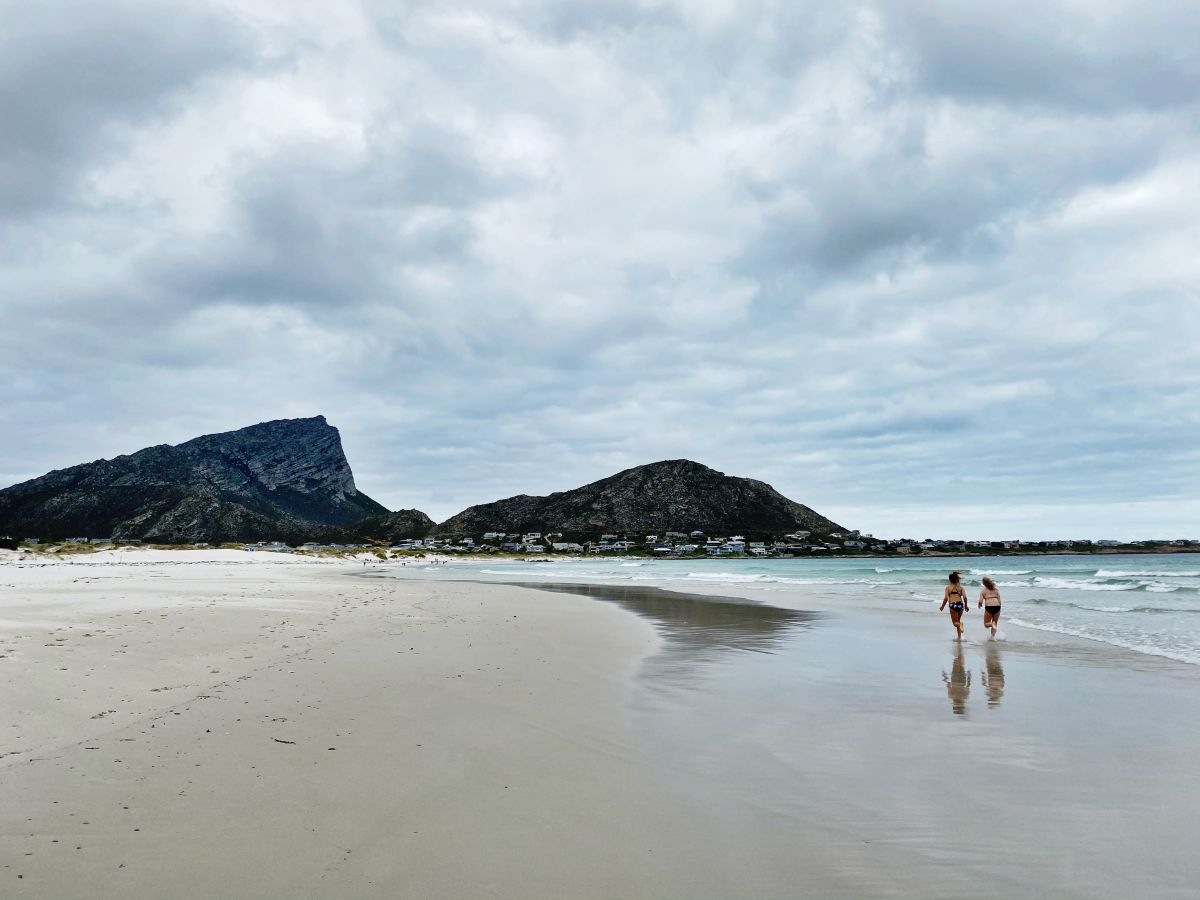
Domestic travel continues its reign
Although South Africa’s borders are wide open once again, local travellers seem to be leaning toward domestic adventures instead.
COVID-19 has had a devastating impact on most pockets and a general uncertainty over the health and safety of air travel and possibly falling ill while abroad is making people weary of embaring on international travel.
The fact remains that the South African tourism industry cannot survive off domestic travel alone, but it is most likely that those in the higher LSMs will use the opportunity to spend more on luxury local travel, which would normally be the stomping ground of international travellers.
The good old-fashioned road trip and more mini breaks closer to home over weekends will gain popularity, which will result in a much needed boost in local tourism for rural areas and small towns.
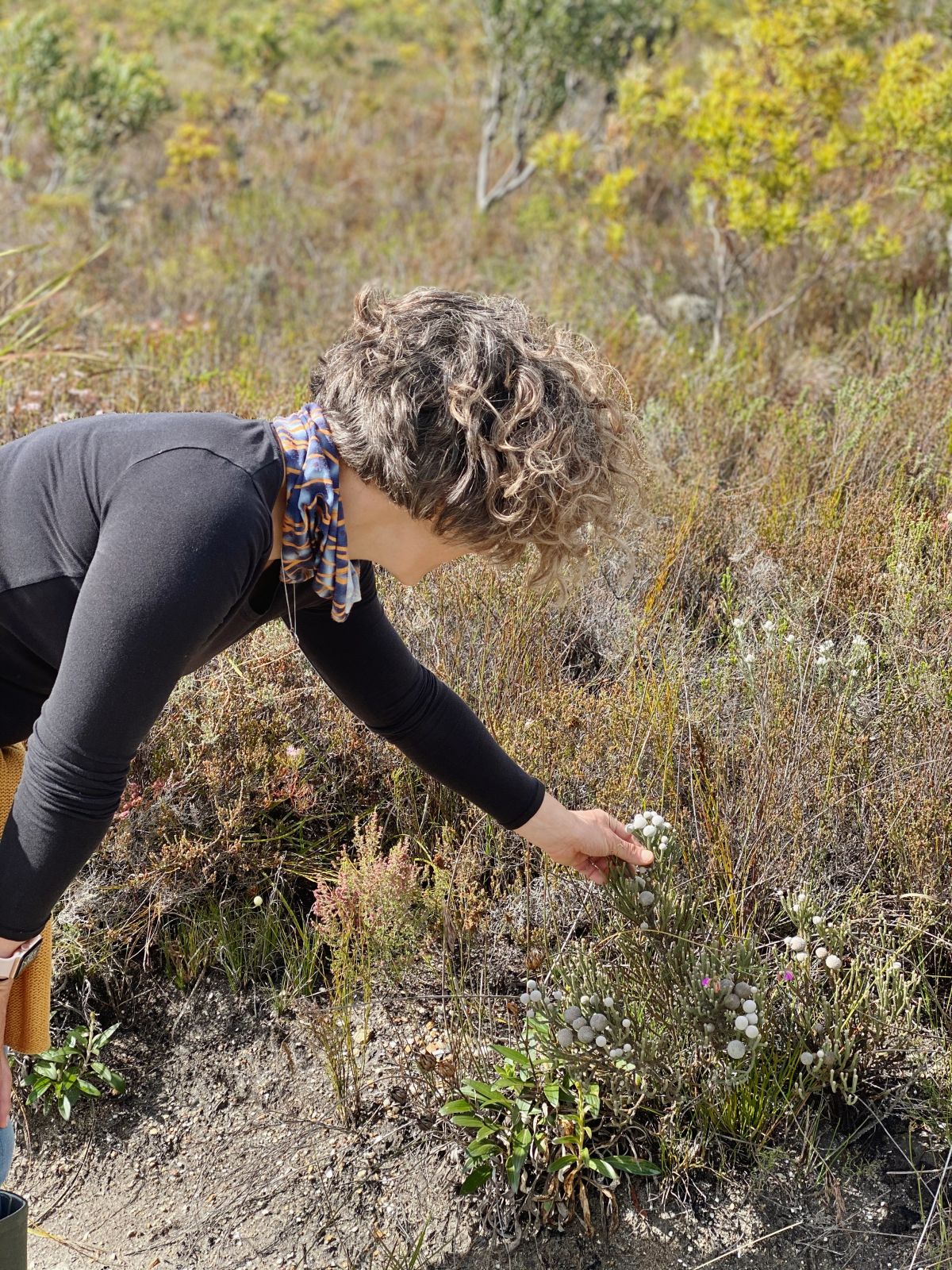
A rise in spontaneous, last-minute trips
One of the somewhat more surprising effects the coronavirus pandemic has had on some travellers is a tendency towards impulsivity.
Where booking and planning holidays well in advance is standard practice for most travellers, a general feeling of not really knowing what nasty surprises a month from now could hold – let alone a year – has led to a much more compressed booking and planning period.
In their ‘New World of Travel’ Report, Skyscanner noted that following hard lockdown in most European countries as well as the US, there was a marked rise in searches to book travel departing within a week or a month.
This in turn is forcing the industry to adapt to become more flexible and customer centric, adjusting booking and cancellations terms and conditions. We can expect to see the same trend – especially among younger travellers – in South Africa over the coming summer months.
It’s an extended family affair
Intergenerational travel remains a popular trend.
Even more so in the wake of the Coronavirus pandemic where we haven’t been able to spend time with one another. Many travellers are going to choose to kill two birds with one stone by inviting grandparents, siblings and close friends to join them on intimate vacations. It would be prudent for the hospitality industry to factor this into their planning, ensuring that they are truly family friendly and can offer families the kind of experiences we all crave after one of the most difficult years in recent memory.

Steering clear of crowds
As the threat of a second wave of coronavirus infections hangs over South Africa, crowd control remains firmly in place at major attractions.
Apart from this, people will also tend to steer clear of indoor spaces that could quickly become crowded and opt instead for outdoor areas where social distancing can easily be maintained.
Rural regions and small towns should respond with well curated and enticing travel packages that speak to the needs of travellers, eager to explore and get away, but not willing to risk their safety.
Taking the office on the road
Where working remotely was once something only digital nomads could do, 2020 has levelled the playing field.
As more people find themselves working from home, those who were formerly office-bound may find themselves opting for more mid-week breaks, laptops in tow.
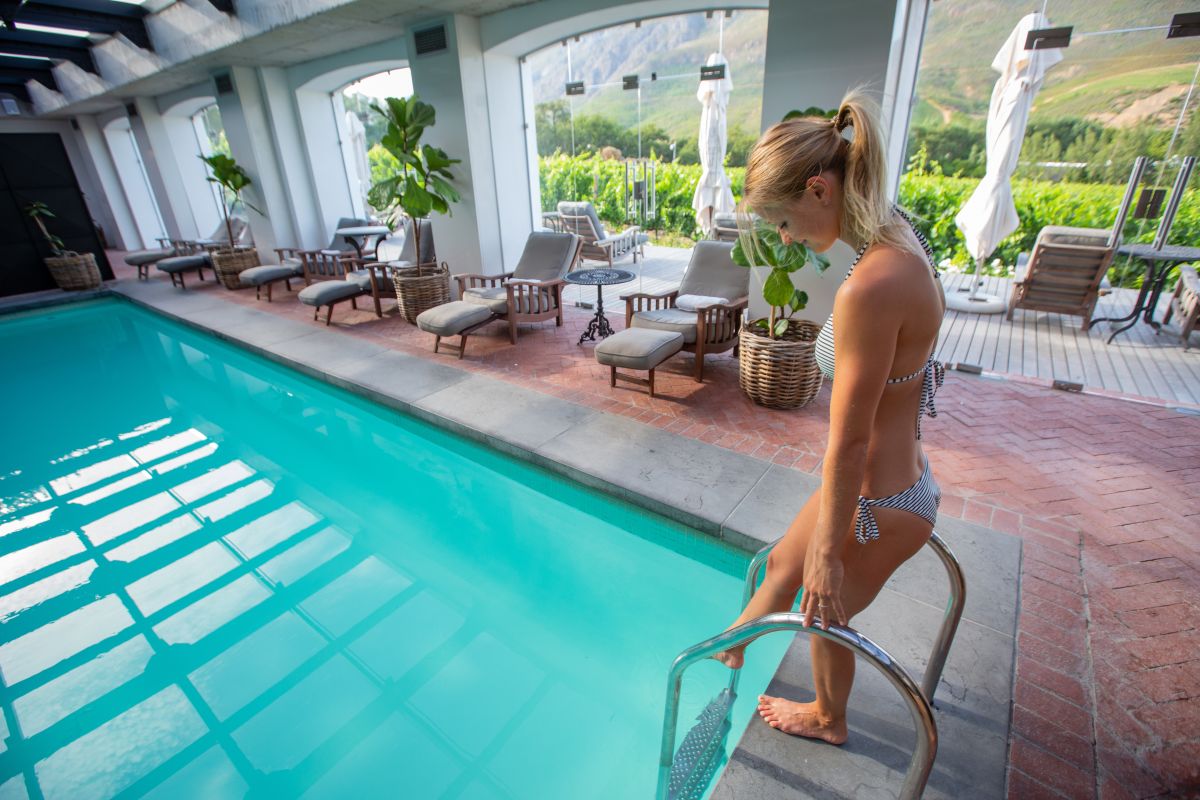
Wellness is the new wealth
Finally, the pandemic and subsequent lock-down has taken its toll on our mental health. Human beings are not designed for isolation and withstanding the kind of stress we have all had to endure for months on end.
The global wellness movement has grown exponentially over the last few years. This in turn has stimulated demand for a more mindful, conscious and slower way of travelling. Wellness tourism was a $639 billion market in 2017, projected to reach $919 billion by 2022. Before COVID-19, wellness tourism was growing by 6,5% annually, twice as fast as leisure tourism based on Euromonitor data.
As travelling resumes post-lockdown, health and wellbeing-focused trips and retreats are poised to be in high demand. These include new and unusual wellness trips like Wellness Mumcations (reconnecting with self without kids and partners), Painmoons (trips to get over loss or heartache), Fertility trips and Divorce retreats.
My prediction is that this segment of tourism will continue to outperform other segments as we learn to live with a pandemic, more conscious of our impact on the world and each other, and people embark on soul-searching retreats, slow journeys and life enriching encounters in nature.
Remote destinations and places with a lower COVID-19 risk will be popular, whether it’s for a healthy break to de-stress or an active holiday to boost physical wellbeing in the scenic beauty of South Africa’s countryside.

Health and Fitness Travel says that immune boosting retreats are offered in many locations for a secluded, social distancing friendly getaway to focus on personal well-being. Weight loss programmes, fitness classes, specialised treatments and sunnier climates are all married together to aid your body’s natural defences.
They go on to explain that self-care, a necessity during lockdown, is now becoming a driving factor in holiday planning. The threat of serious illness was a powerful motivator for many to focus on their own health and fitness. Many had to learn the art of self-care during lockdown, whether that’s healthy eating or regular exercise, and now have a desire to turn that wellness project into a lifestyle that includes the way we travel.
You can read more about wellness travel trends predicted for 2021 here.
Mariette du Toit-Helmbold is Chief Destineer at Destinate.